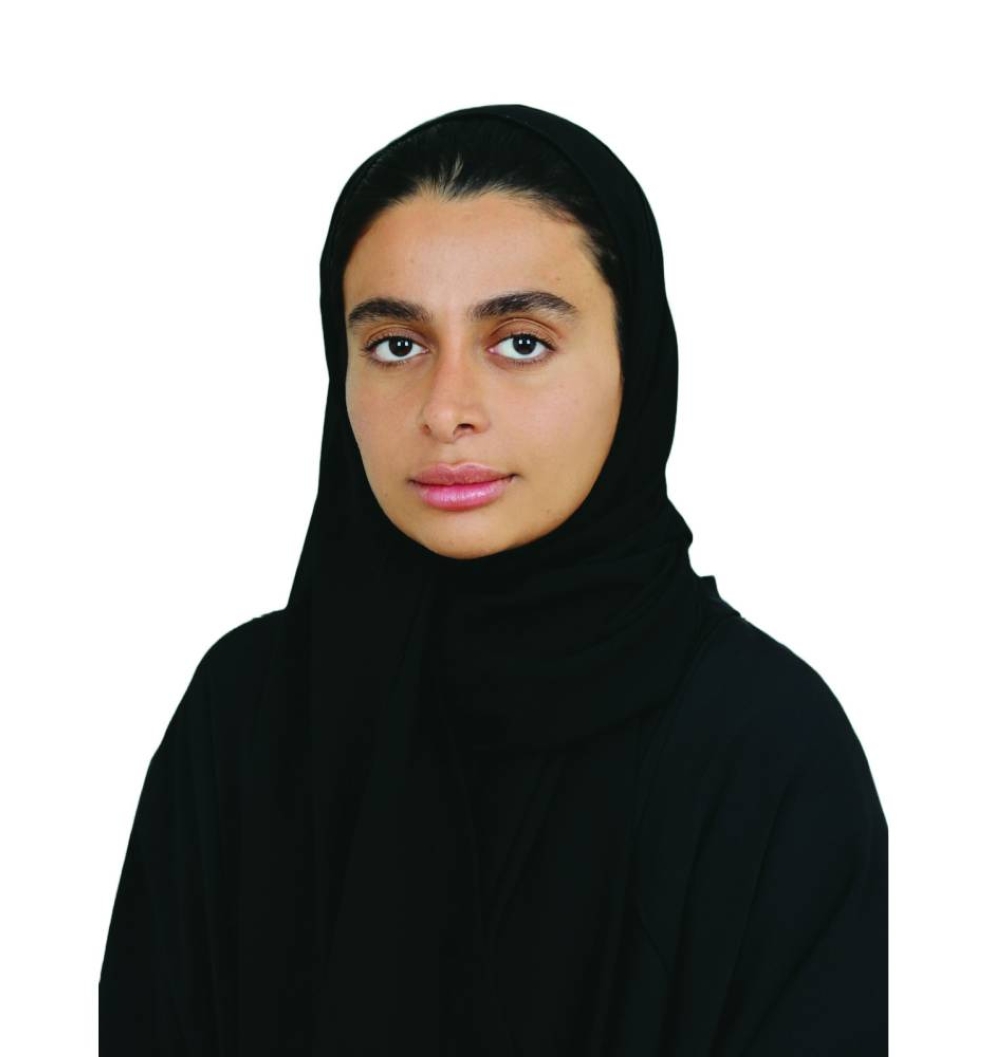The 21st century is witnessing an unprecedented technological and informational revolution that has brought about dramatic transformations in different fields of knowledge and human experience. This revolution has touched every aspect of life, leading to a new era of global connectivity and cultural exchange.
At the heart of these transformations, digital technology has emerged as one of the most significant results of technological progress. Initially, its use was limited to being a tool for social interaction; a luxury that could be dispensed with without impacting our daily lives. However, over time, it has evolved to influence every aspect of our lives – extending far beyond being merely a means of communication, and taking on pivotal roles in areas such as healthcare, increasing productivity, improving quality of life, enhancing security and safety measures, and equipping people with job skills.
Over recent years, many educational institutions – from schools and vocational institutes to colleges and universities – have integrated digital platforms into their teaching methods. Students have embraced these platforms as valuable educational tools, leading to the emergence of blended learning, where traditional classroom learning is blended with online education. And this has raised questions about the role of technology in the educational process, and its impact on students.
As Al-Jawhara H al-Thani, Head of Wellbeing and Safeguarding at Qatar Foundation’s (QF) Pre-University Education, says: “Technology occupies a significant part of our lives, with mobile phones now viewed as powerful educational tools. However, sometimes it can be challenging for children to use them consciously and responsibly, and this difficulty extends to many adults as well.
“I believe the key is to ensure that their environment remains stimulating by providing engaging classrooms that reflect their reality.”
This view is supported by Fatima al-Mutawaa, a Research and Grant Specialist at QF member Doha International Family Institute (DIFI). Reflecting on research conducted by DIFI, she said: “The study indicates that effective integration of technology in the classroom results in valuable educational experiences, boosts student performance, and fosters advanced thinking and collaborative problem-solving.
“Students who use the internet for academic purposes, for instance, generally attain higher grades than those who use it primarily for entertainment.”
On the other hand, technology comes with its own challenges. With the increasing integration of digital tools and platforms into educational curricula, concerns have emerged about the misuse of technology for purposes other than education.
“There has been a significant rise in cyberbullying among students, resulting in increased stress and anxiety that adversely affects their concentration, motivation, and academic achievement,” says Al-Mutawaa. “Many parents have reported that their children have faced negative online interactions, highlighting this as a major concern.
“Another troubling trend is the increase in cyber extortion cases, where students are threatened with the exposure of personal information or photos unless they meet specific demands. We call on the community to report these incidents.”
Al-Mutawa explained that cyberbullying and extortion lead to severe emotional and psychological crises, affecting students’ well-being and academic performance. She believes it is essential for parents and educators to establish clear policies and support systems to address these issues and ensure a safe online environment for all students.
Al-Thani added: “Managing distractions is not just up to the students; the educational environment also plays a crucial role. It should be engaging enough to keep students motivated without them having to look elsewhere.
“Giving students sufficient time to interact with peers and the freedom to organise their own schedules is essential. Also, students’ interactions with their daily lives outside the classroom are significant. The lessons they learn in school should be relevant and applicable to their real-world experiences.”
For more information about the study conducted by the Doha International Family Institute, visit: https://difi.org.qa/press_release/difi-addresses-digital-changes-and-their-impact-on-families-in-a-changing-world/
The 30th anniversary of the International Year of the Family Conference on Family and Contemporary Megatrends, organised by DIFI, will be held from October 30-31, 2024 at Qatar National Convention Centre. It will bring together experts, policymakers, and thought leaders from around the world to discuss the challenges and opportunities facing families and societies in the modern era. For more information about the conference and its sessions, and to register, visit www.difi.org.qa/iyf30/
Education City – The City Beyond Education x Qatar Foundation
QF’s Education City is an exciting destination that offers Qatar’s communities and visitors a wide range of activities and experiences. From sports, culture, arts, and heritage to architecture, environmentally focused outdoor spaces, and accessibility-friendly events, Education City is The City Beyond Education.
To explore upcoming events and happenings, and find out how to reach Education City, please visit: https://www.qf.org.qa/education/education-city. You can also book your classes, events and activities on the Education City App, which can be downloaded through Apple or Google Play.
Qatar Foundation – Unlocking Human Potential
Qatar Foundation for Education, Science and Community Development (QF) is a non-profit organisation that supports Qatar on its journey to becoming a diversified and sustainable economy. QF strives to serve the people of Qatar and beyond by providing specialised programs across its innovation-focused ecosystem of education, research and development, and community development.
QF was founded in 1995 by His Highness Sheikh Hamad bin Khalifa al-Thani, the Father Amir, and Her Highness Sheikha Moza bint Nasser, who shared the vision to provide Qatar with quality education. Today, QF’s world-class education system offers lifelong learning opportunities to community members as young as six months through to doctoral level, enabling graduates to thrive in a global environment and contribute to the nation’s development.
QF is also creating a multidisciplinary innovation hub in Qatar, where homegrown researchers are working to address local and global challenges. By promoting a culture of lifelong learning and fostering social engagement through programmes that embody Qatari culture, QF is committed to empowering the local community and contributing to a better world for all.
For a complete list of QF’s initiatives and projects, please visit: www.qf.org.qa
To stay up to date on our social media activities, follow our accounts on: Instagram, Facebook, Twitter and LinkedIn
For any media inquiries, please contact: [email protected]
DIFI
A member of Qatar Foundation for Education, Science and Community Development (QF), Doha International Family Institute (DIFI) is a global policy and advocacy body working to advance knowledge on Arab families and promote evidence-based programmes at national, regional, and international levels.
DIFI was established in 2006 under the 2004 Doha Declaration, which affirms the international community’s commitments to strengthening the family considering it is society’s natural and basic unit. DIFI encourages governments, international organisations, and members of civil society to take measures to enhance and support the family, to achieve the vision and the ultimate goal of effectively empowering it.
As a QF member, DIFI is a vital contributor to QF’s efforts to build healthy, highly educated societies, founded on cohesive, close-knit families, in the State of Qatar and the region as a whole.
Moreover, DIFI has a special consultative status with the United Nations Economic and Social Council (ECOSOC).
Opinion
Technology in education: Today’s innovations, tomorrow’s challenges
QF experts explore how, in the midst of intense digital transformations, it has become essential for teachers to use innovative and engaging methods to support student learning

Fatima al-Mutawaa, a Research and Grant Specialist at QF member DIFI.

